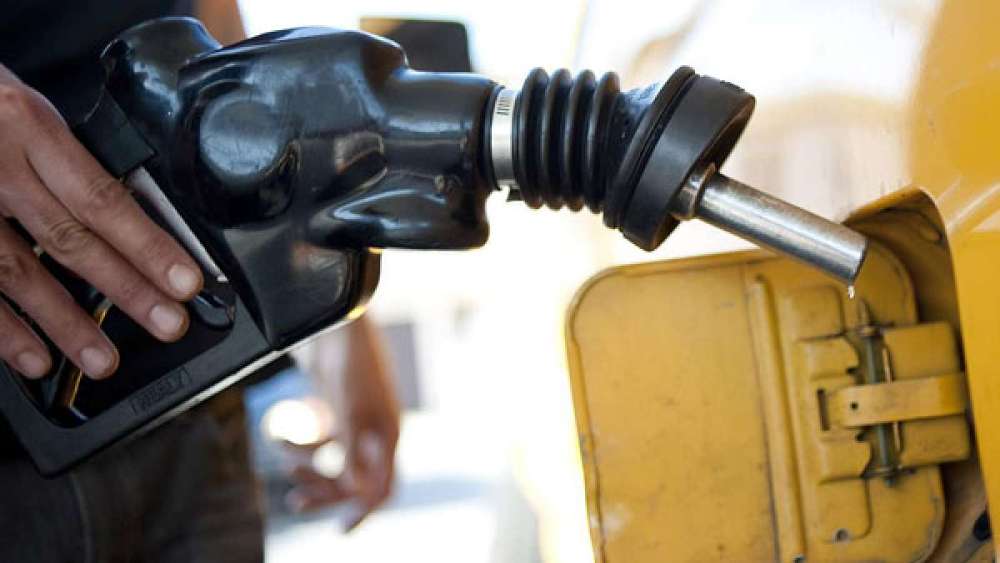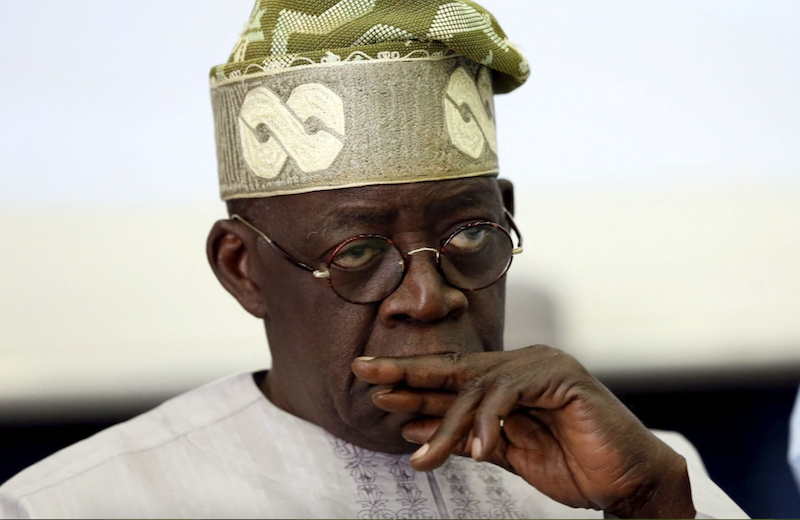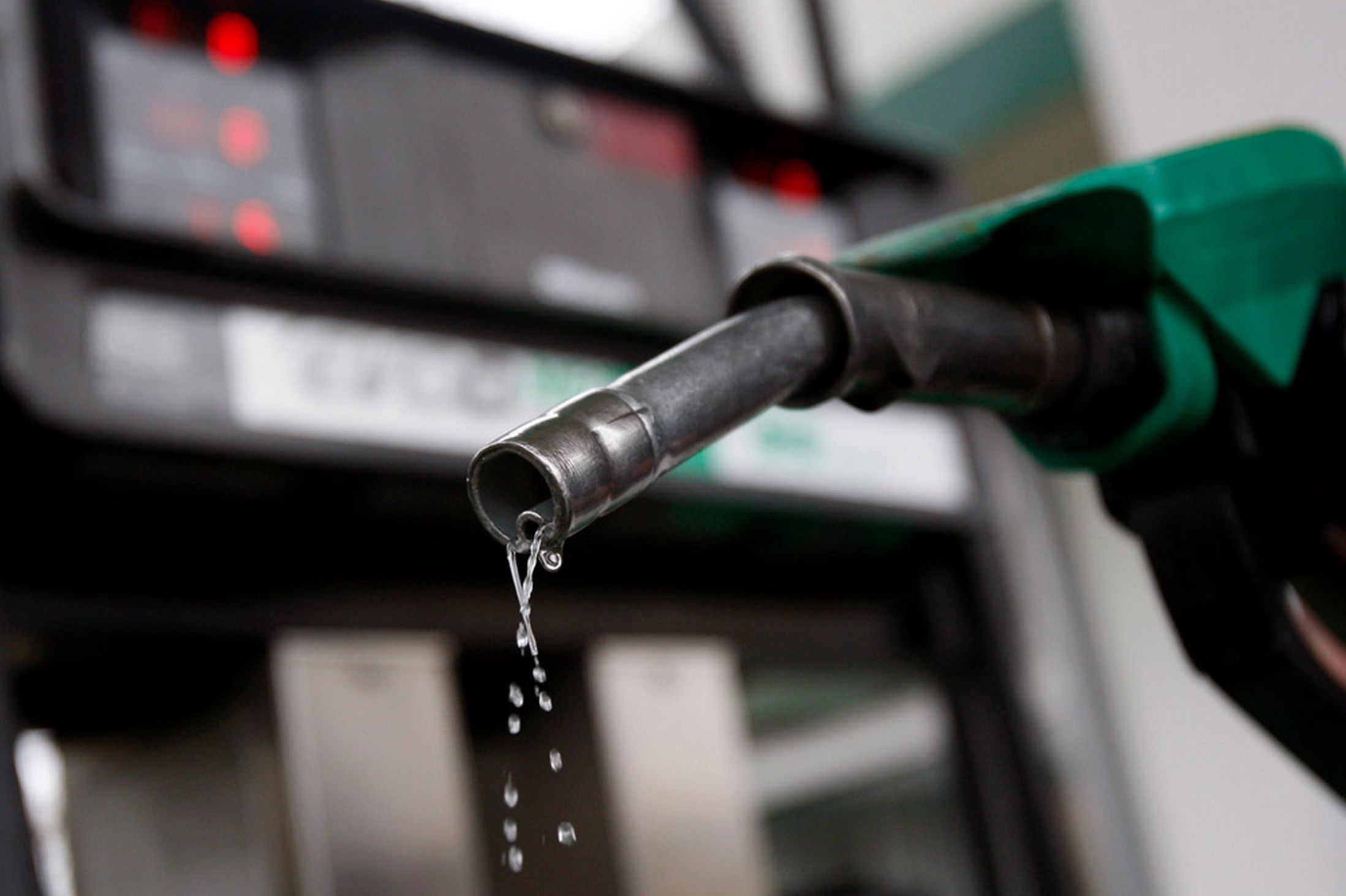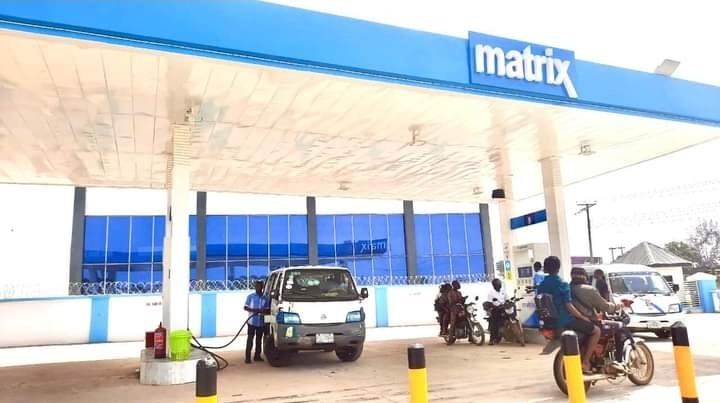Daily average consumption of Premium Motor Spirit (PMS), otherwise known as petrol, in Nigeria, has dropped drastically by 35% after President Bola Tinubu removed payments of fuel subsidy.
TheNewsGuru.com (TNG) reports Nigeria’s daily average petrol consumption figure dropped from 66.6 million litres per day in May to 49. 5 million litres per day in June.
According to the Nigerian Midstream and Downstream Petroleum Regulatory Authority (NMDPRA), the current daily petrol consumption figure stands at 46.38 million litres as of July.
Mr Ahmed Farouk, Chief Executive, NMDPRA, confirmed the figures during a stakeholders meeting with oil and gas downstream operators on Monday in Lagos.
Farouk said the figure represented a 35 per cent reduction when compared with the 65 million litres per day, prior to subsidy removal.
According to him, an average truck out on a daily basis for petrol consumption, after announcing subsidy removal on May 29, reduced to 46.38 million litres.
“The current daily consumption has drastically reduced as against 65 million litres which had been the daily consumption before subsidy removal.
“In January, it was 62 million litres per day; February, 62 million litres per day; March, 71.4 million litres per day; April, 67.7 million litres per day; May 66.6 million litres per day; June, 49. 5 million litres per day and July, 46.3 million litres per day,” he said.
The NMDPRA boss said that the essence of the meeting was to review the downstream sector after the subsidy removal and also to thank marketers who had taken the offer to import petrol.
On petrol importation, Farouk said that over 56 companies applied for import licenses to bring in petrol, while only 10 made commitment to import.
He said that currently three marketers, namely Emadeb Energy, A.Y Shafa and Prudent Energy had imported petrol into the country.
He added that others, like 11 Plc, are also indicating interest to import petrol in August and September, respectively.
“The era of subsidy payment is gone, we encourage all marketers who are interested in importing petrol to apply for license.
“The meeting is to encourage marketers to import, so that there will be availability of petrol at every nooks and crannies of the nation.
“The marketers have the choice to fix their price, because it is a free market where there will be competition.
“It is no longer Nigeria National Petroleum Corporation Limited (NNPCL) dominating the market, there will be other players to compete with NNPCL.
“We do not want any dominant player in the market, that was why we liberalised the market for everybody to play, ” Farouk emphasised.
Farouk said that the authority was working with the Federal Competition and Consumer Protection Commission (FCCPC), to checkmate marketers from taking unduly advantage of the consumers.
He said that the NMDPRA would ensure consumer protection at every station, adding that the quality of products import would be focused upon, to avoid substandard petrol.
“We will ensure safety, consumers protect and standard in ensuring quality control within marketers.
The meeting had in attendance managing directors of all downstream sector operators, delegation of Major Oil Marketers Association of Nigeria (MOMAN) and Depots Owners Association of Nigeria (DAPPMAN), among others.





